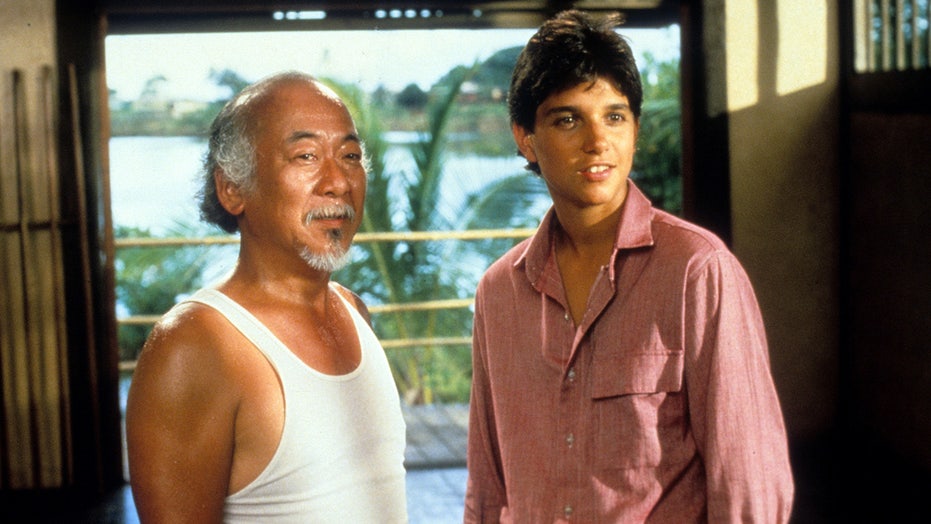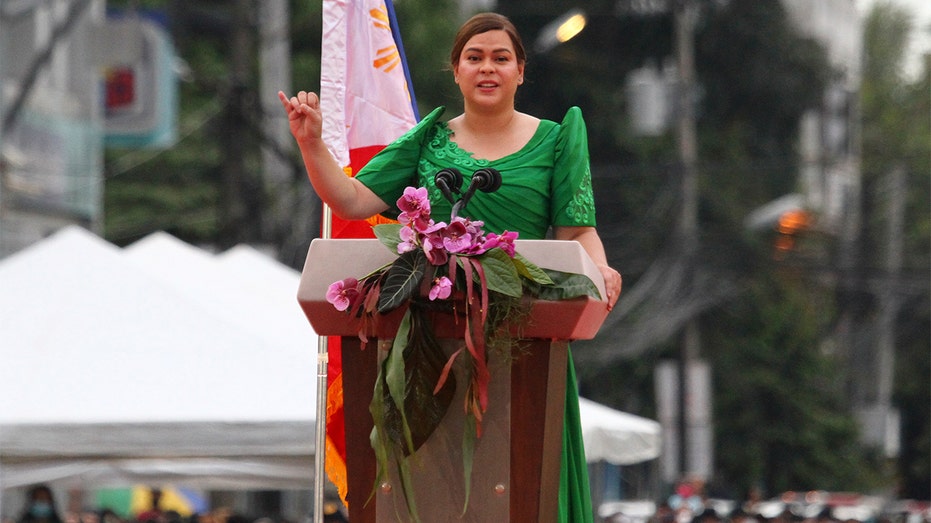- by foxnews
- 24 Nov 2024
Purble Place: the mystery behind gen Z
Purble Place: the mystery behind gen Z?s favourite forgotten video game
- by theguardian
- 22 May 2024
- in technology
If you had a PC in the 2010s, you probably owned a copy of Purble Place. The gaudy kids' game came with every copy of Windows Vista and 7. It was a simple, three-title package: Purble Pairs was a basic tile memory game; Purble Shop had the player design a mystery character using logic and deduction; and the last game of Comfy Cakes had kids playing line cook for the Purble Chef while juggling orders on a conveyor belt. And for many online teens, the legacy of these games easily equals that of Minesweeper and Solitaire, the more venerable pack-in games of PCs past.
Yet nobody knows who made it. Curious players noted a simple credit to Oberon Games in the game's help menu, but that's all. Despite being installed on hundreds of millions of computers worldwide, the actual creators of the game have lived in obscurity for two decades.
But Purble Place's legacy endures, amassing a cult following fuelled by memes, copycat games, and over 50m views on TikTok and YouTube - a following that Purble Place's creators didn't even know existed, until recently.
Most people I've spoken to credit Jane Jensen for the existence of Purble Place: she is its lead developer. But she hasn't been waiting in the wings, eager to take the credit. "Honestly, I had to Google some images to even remind myself," she says, "I've done a lot of games." Today, Jane writes romance novels and lives in Washington state with her husband Robert Holmes - the man responsible for Purble Place's audio - and their blind bulldog, Oberon. Decades earlier she and Robert worked for Sierra Entertainment, helping create PC games such as King's Quest and Jensen's own creation, the Gabriel Knight series.
Jensen helped form Oberon during what Robert calls the "wild west" days of casual games. Microsoft had booked the developer to make Xbox Live Arcade's launch titles, but they were effectively a startup. "We'd host parties at my house to find people during recruitment," says Jessica Tams, an Oberon producer and one of its earliest members, "I hired people I knew, and from Craigslist." Scrappy is one word for it. If you'd have called their office, you'd have heard the Badger Badger Badger song down the line.
After incubating in its founders' spare rooms, Oberon jumped from workspace to workspace. The one they occupied during the development of Purbles had low ceilings and stacked chairs, and team member Scott Bilas remembers cleaning gunk out of the phone handsets that came with the office.
In 2005, Vista was still being developed and Microsoft contracted Oberon to remake its classic game suite for the new OS - with an original children's game added to the mix. They had less than a year and strict instructions to not use any third-party game engines due to security concerns. Looking to buy someone's engine outright, Oberon found three college grads: Brendan Walker, Dan Thompson and Tam Armstrong. The trio's own studio had recently folded, so naturally they accepted Oberon's offer to bring them and their "Flat Engine" aboard.
These fresh-faced devs, along with Jane Jensen and producer Cara Ely, became the principal Purble Place dev team. According to Jensen, Microsoft wanted "the equivalent of Solitaire for little kids; something you could play over and over."
But Microsoft was hardly a simple client. "There were all these ominous warnings about how Vista would be on millions of computers over the world," Jensen says, "and if our games crash a computer or allow a security breach, it could have dire consequences."
Paradoxically, the Vista games were seen as a small project for this makeshift team. For many, the Xbox project was the bigger fish, and the Vista games never scored Oberon significant attention or money. No wonder, then, that they outsourced it to a trio of college grads.
"Purble Place was one of the first games I worked on in the game industry," Brendan Walker tells me. "We were working out of a backroom that felt like storage. Originally, it was just Tam and me in there. Eventually we had about 10 people packed in."
This development backroom would often get rowdy, according to Walker, who says the main office shut the door on them more than once.
Some of this hubbub seemed to be caused by the game itself. "The Purble Chef was the butt of many jokes," Walker says. "What was their motivation? Why were they making us produce cakes? Many of us found the Comfy Cakes mini-game quite tedious once you got the rhythm down. We joked it was actually a child labour cake-making simulator."
The game's optimistic 00s aesthetic, now retrospectively dubbed Frutiger Aero, went through many hands and many iterations. Developer documents record a rudimentary art style much stranger than the one we know today.
Meanwhile, the leaders of the Oberon team were at the mercy of Microsoft and its exacting demands for an "in-box" game. Scott Bilas, who juggled various roles at Oberon, says "[It] was unlike any dev work I've done before or since." Anyone in-box, Bilas tells me, had to meet all of Microsoft's language, security, political and accessibility requirements. This was made worse by the fact they had to do everything through an external producer, something Bilas called "debugging through a keyhole".
Bilas recalls some of those in-box blues: one artist having to prove the originality of her art to Microsoft; an engineer forced to test Solitaire's new voice recognition by saying the same phrases over and over again; arguments over the word "stinks" being used in a comment in the source code before being sheepishly scrubbed out.
The formalities extended to design, too. The tight deadline forced the removal of a rotation mechanic from Comfy Cakes (a "very controversial" move, according to Ely). And for the experienced Jensen, delivering weekly PowerPoint presentations in suits at Microsoft HQ was "definitely more business-y than usual".
There were many other hands involved in Purble Place, but memories of old work projects fade quickly. Names get forgotten, old email addresses abandoned. Much of the team went on to join gaming giants such as Unity, Bungie and Atari. But the Purble legacy lingers. In a market bloated with casual kids' games, the Purble fandom pines for when games weren't the slick money-printers they are today, but simple - and slightly strange - distractions in our computer rooms.
For most of the people who worked on Purble Place, it's barely a footnote in their careers, a simple contract project made under challenging circumstances. But ironically, it's also probably the most-played thing that any of them will ever make. "I really hadn't thought about how much exposure the games would have," says Jensen. "But that's the wonderful thing: those games were seen by millions of people."
- by foxnews
- descember 09, 2016
Italy expected to draw travelers by the millions as Pope Francis kicks off Holy Year
The 2025 Jubilee will bring tourists to the Vatican, Rome and Italy to celebrate the Catholic tradition of patrons asking for forgiveness of sins. Hope will be a central theme.
read more





